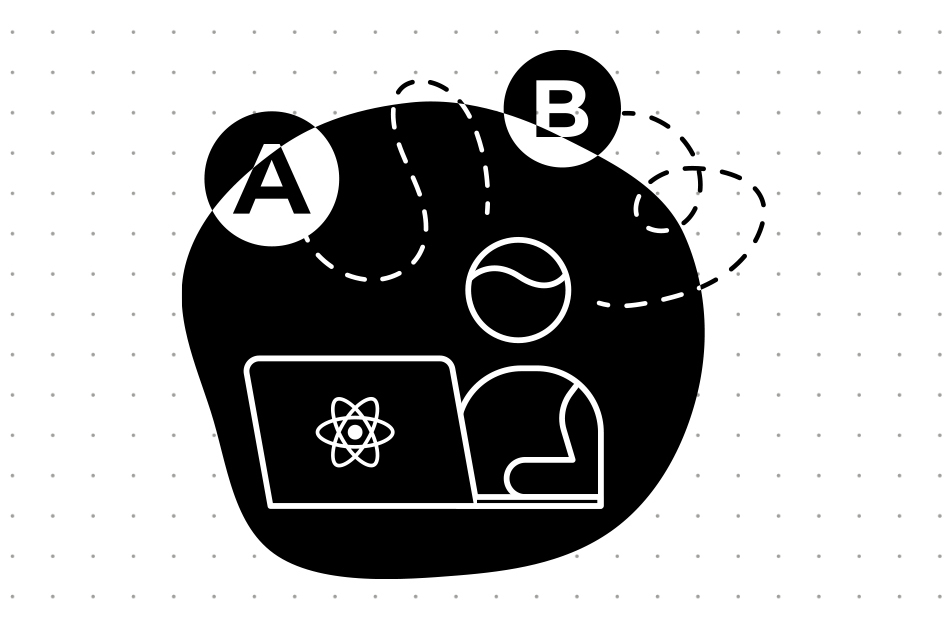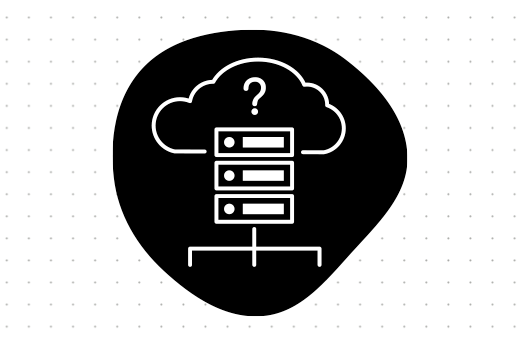Filter by category
On the horizon for this decade, tech trends are emerging to challenge and push businesses forward. Whether you’re running a corporate empire, a medium-sized enterprise, a small business, or a one-man show, 2020 is bringing winds of tech change.
Where some see worry, we see opportunities. With that in mind, we’ve selected those digital trends that will affect your business. So wake up Alexa, Siri, or Google and note these trends down. You’ll need them sooner rather than later.
Progressive Web Apps (PWAs)
WebAssembly
Distributed Cloud Services and Cloud Neutrality
Low-Code to No-Code Development
AI and Machine Learning
1. PWAs: Become Mobile-Smart
PWAs have been called “the future of the mobile web” and are, in fact, mobile websites that offer a similar experience to that provided by native apps (those apps you can download from app stores). PWAs’ biggest strength is its ability to work simultaneously as a mobile website AND a native app, enabling you to get the best of both worlds. That means you’ll be able to enjoy the reach of a website and the engagement of a native app. Sure, PWAs still have to cover more ground to reach native apps’ capabilities, but with more APIs on the way, their future looks mighty bright.
In 2020, PWAs will make a difference for businesses that want to value their assets and efficiently manage their resources smartly.
Benefits and Key Take-aways:
Eliminate the extra step of finding and installing an app
Immersive user experience
Faster load times (even work offline) and higher user retention
Increased session lengths and decreased bounce rates
Less data usage to deliver complex results
Can work in tandem with native web apps
Quickly becoming the new standard for mobile web interactions.
Companies That Use PWAs: Twitter, Financial Times, New York Times, AOL, The Washington Post, The Home Depot, Starbucks, Lancôme
2. WebAssembly (WASM): Build More Complex Products For The Web
WASM is one of the newest web standards that opens up new possibilities for the web. By using WASM, you’ll be able to compile complex programming languages that, up until now, couldn’t be used for browsers. Thanks to this new technology, you now have the flexibility to use code in any programming language and run it within Firefox, Chrome, Edge, and Safari, which all support WebAssembly.
For your business, that means your web dev team will be able to deliver higher-performing products with improved load-time no matter how heavy-coded. We won’t get into the techy details of how (although we’re hardly abstaining from diving deep), but we’ll tell you this: the web just got more competitive!
Benefits and Key Take-aways:
Offers more flexibility when choosing a technology for building a product
Runs code written in multiple languages at native-level speeds across different platforms
Improves load-time for heavy-code products, such as video games
Reduces file sizes by using Binary (aka as low-level programming; in contrast, JavaScript is a high-level programming language)
Has solid safety and security guarantees
Develops more performant products
It has applications across the web tech world, including in AI, AR, and VR.
Companies That Use WASM: Cubbit, Frontend, IHMC, Synfig, OPA, Unity
3. Distributed Cloud Services and Cloud Neutrality: Sky-High Impact
Cloud neutrality is a public-interest tech issue we all should be paying close attention to, as it impacts not only the way we do business but the way we interact online. Currently, most of the cloud's data center infrastructure belongs to a handful (actually less than a handful) of tech giants. These companies have complete power on lease terms and can basically make their own rules. What future cloud neutrality legislation will look like is hard to say, but one thing is for certain: we should start pushing for one.
On the other hand, “distributed cloud services” or “hybrid clouds” present a solution to the neutrality conundrum, separating infrastructure power among several providers.
Benefits and Key Take-aways:
Eliminates challenges related to data sovereignty
Offers back-up solutions that are fail-proof by having multiple remote replicas
Reduces latency
Greater flexibility and more deployment options
Lower costs
More options for optimization when it comes to infrastructure
Better security
Higher compliance
Will highly benefit Internet of Things data processing, VR/ARm, and gaming.
Companies that Use Cloud Services: General Electric, eBay, Meals on Wheels, Fitbit
4. Low-Code to No-Code Development: Automate The Coding Process
The new decade is ushering in new development tools that will deliver complex results with less code and less effort. The trends shift from meticulous programming languages that require endless lines of code to high-level ones (Python, anyone?!) or even visually optimized environments that automate the coding process. The ultimate goal is to enable developers to focus on performance and complexity.
For your business, this means more time spent by developers on improving product performance and capabilities, rather than building basic layers.
Benefits and Key Take-aways:
Improves efficiency and productivity
Interactive interfaces with code-autocomplete and other tools that improve development speed
Opens new possibilities for complexity
Enables developers to focus on the bigger picture
Easier to scale and maintain
Companies that Use Low-Code Development: Pinterest, Moz Pro, Lonely Planet, Financial Times, Toyota Connected
5. AI and Machine Learning: Breaking New Grounds
AI and Machine Learning (ML) have been the main technological drivers of change for the past few years, but their true impact is yet to be seen in this decade. The applicability of AI and ML spans from business to cybersecurity, finance, employment, and even medicine. In fact, scientists have just recently managed to discover a new, extremely powerful antibiotic by using machine learning. Of course, with such great tech power comes great responsibility, and the ethical implications of using AI and ML should not be taken lightly.
For businesses, the ability to run systems that learn and discover on their own (ML) is not only deemed to be more efficient but highly innovative and revolutionary.
Benefits and Key Take-aways:
Real-time business decision-making
Reduces menial tasks and improves efficiency
Provides insightful business intelligence
Helps build smarter workplaces by automating tasks
Improve customer satisfaction
Optimizes leads recommendations and increases sales opportunities
Enhance security and network performance
Curate content based on a personalized customer approach.
Companies that Use AI and ML: General Electric, eBay, Meals on Wheels, Fitbit
Upgrade to the new decade
Truth be told, there’s no shortcut to success, although leveraging emerging technologies could get you where you want to be faster and smarter. Only not by themselves.
The new decade requires you to be on top of trends and to know your business's depths. Remember our advice to inspect the winds of tech change carefully? Having the right tech partner by your side will help you figure out where to start your upgrade and how exactly to load a new year of successful software products. At [e-spres-oh], we keep our eyes on the future so you can focus on your business.





